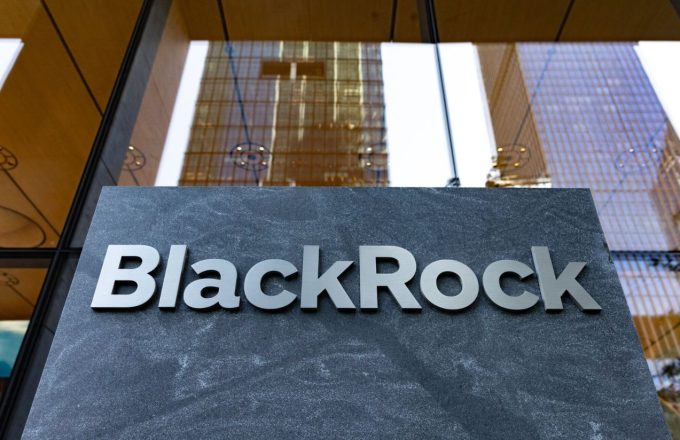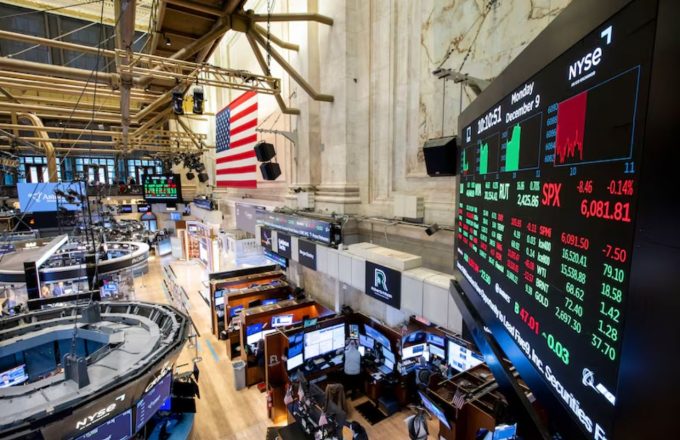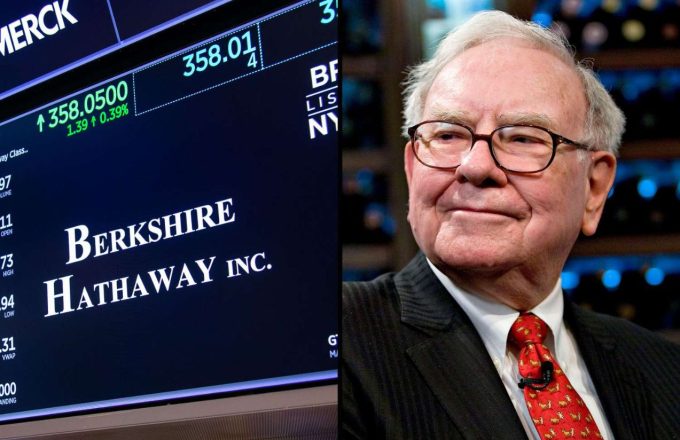Argentine President Javier Milei stirred up the cryptocurrency world with a post on his X account. “Liberal Argentina is growing!!!” he wrote, pinning the message to his profile. At first glance, it seemed like one of his usual celebratory posts, but in reality, he was promoting a new cryptocurrency called $Libra.
According to Milei, this private project aimed to boost Argentina’s economy by funding small businesses and startups. Along with his post, he shared a link to the project’s website, the token’s identifier, and its contract on the Solana blockchain for those interested in investing. The result was a flood of purchases: within minutes, $Libra accumulated millions of dollars—only to crash soon after, leaving investors with significant losses.
$Libra is what’s known as a memecoin, a cryptocurrency with no real backing whose value depends solely on public enthusiasm. Such assets have gained popularity in recent years, with the most notable case being the $TRUMP token, which recently skyrocketed to a $40 billion valuation in just one day. However, $Libra’s story was far less successful.
Following Milei’s endorsement, the coin’s price surged to $4.70, but just five hours later, it plummeted to $0.19. Suspicion grew when it was revealed that KIP Network, the company behind the Viva la Libertad project, had registered $Libra’s website only hours before the president’s announcement.
The project claimed to fund initiatives aligned with Milei’s libertarian ideals and even invited people to submit proposals through a Google form. However, after the token’s collapse, many suspected a possible rug pull—a scam where promoters artificially inflate an asset’s value to attract investors, only to cash out before it crashes. The biggest winners were those who already held $Libra before Milei’s post.
The situation sparked backlash on social media. Some of Milei’s supporters initially claimed his account had been hacked, while others argued that unscrupulous entrepreneurs had taken advantage of him. The most radical even suggested that this was a master plan to attract foreign investment and “save Argentina.”
As criticism mounted, Milei deleted his post and issued a statement: “A few hours ago, I posted a tweet supporting a supposed private venture with which I obviously have no connection. I wasn’t aware of the details of the project, and after learning more, I decided not to continue promoting it (which is why I deleted the tweet).” However, instead of apologizing to affected investors, he lashed out at his critics: “To the filthy rats of the political establishment trying to exploit this situation for their own gain, I say: every day, you confirm how despicable politicians are, strengthening our conviction to kick you all out.”
Hace unas horas publiqué un tweet, como tantas otras infinitas veces, apoyando un supuesto emprendimiento privado del que obviamente no tengo vinculación alguna.
No estaba interiorizado de los pormenores del proyecto y luego de haberme interiorizado decidí no seguir dándole…
— Javier Milei (@JMilei) February 15, 2025
KIP Network also attempted to distance itself from the controversy. “President Milei was never involved in the development of this project, as he himself has stated. This is a completely private enterprise,” the company wrote in a statement. However, in October, the company’s executives had met with Milei to discuss how their AI-driven technology could help position Argentina as a global tech hub.
The government downplayed the scandal, merely echoing Milei’s explanation. Meanwhile, some of his political allies accused the opposition of using the situation to destabilize the administration.
This isn’t the first time Milei has been caught up in a crypto-related controversy. In 2021, while serving as a congressman, he was criticized for promoting CoinX, a company later accused of running a pyramid scheme. By 2023, CoinX had been raided, several of its executives arrested, and Milei defended himself by claiming he had merely shared his “professional opinion” on the company.
The $Libra incident once again raises questions about Milei’s judgment in endorsing private ventures without proper scrutiny, leaving many of his supporters wondering whether he was misled or part of a speculative gamble.




















